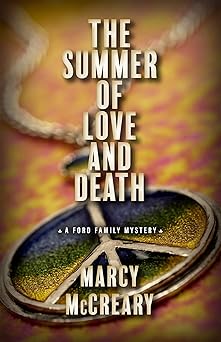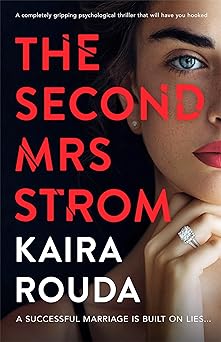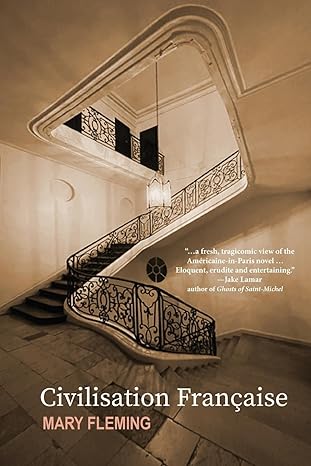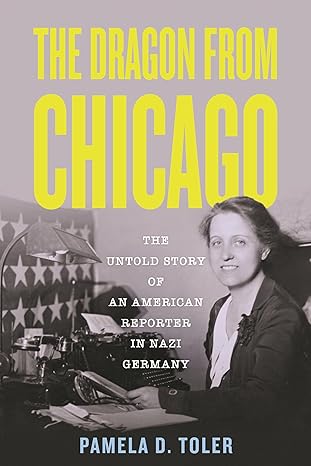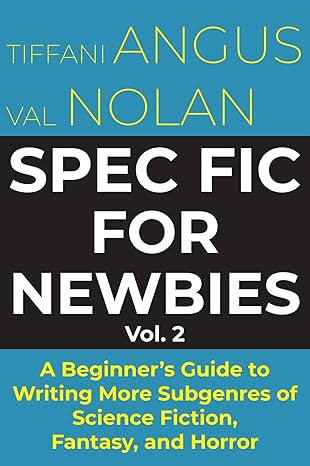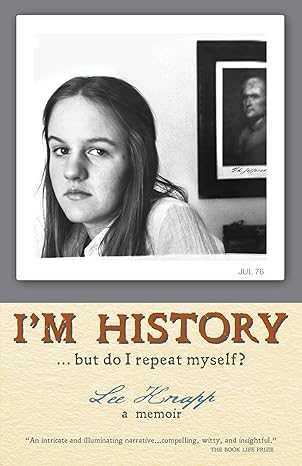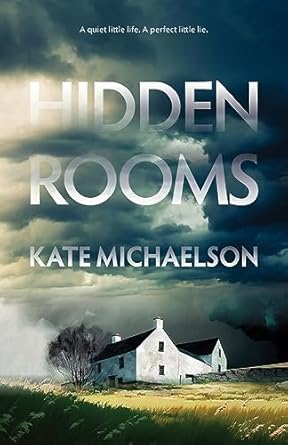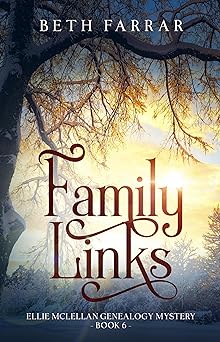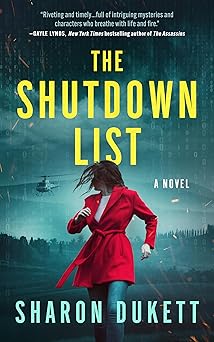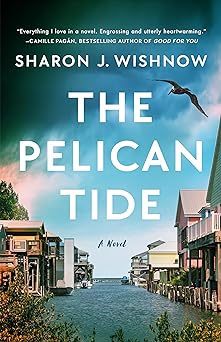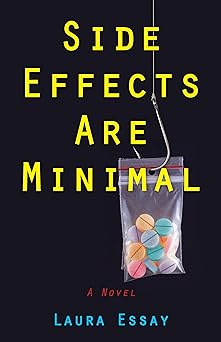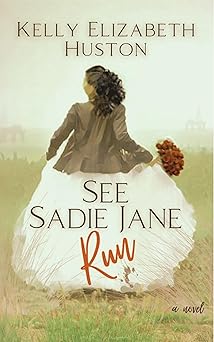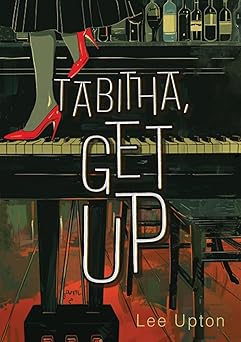So Now I Have to Write a Book Speech?
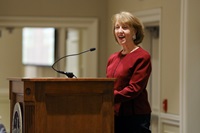 While the introverted writer in her lonely garret is a trope, we authors have as many personality types as women in general. Some of us love the writing process and hate the subsequent public speaking. And some of us consider the book club visits and luncheons and keynotes the reward for our lonely writing.
While the introverted writer in her lonely garret is a trope, we authors have as many personality types as women in general. Some of us love the writing process and hate the subsequent public speaking. And some of us consider the book club visits and luncheons and keynotes the reward for our lonely writing.
To my great surprise, I turned out to be the latter.
I started my career as a journalist and entered seminary in my mid-40s solely to learn more about my new religion beat. I put off the preaching course – required for a Master of Divinity degree — until the very last semester because preaching was so laughably not what I planned to do.
But a few classes in, I realized Hey! Preaching is 90% writing. Who knew?
As a newly ordained pastor, I took on a church nobody wanted, a little mission outpost that served the homeless citizens in my hometown of Greenville, SC. I was lied to, stolen from and spit upon. But also galvanized. Without the pressure of daily newspaper deadlines, I wrote my first book, The Weight of Mercy, a memoir about the burden, the underbelly, the weight of dealing with the homeless, the addicted and the poverty-stricken who made up my church. But the book was also about how we simply began trying things, flailing and failing, but eventually creating a welcoming worship community in which everyone – rich and poor, black and white, housed and homeless – came together.
With the book’s publication, the speaking invitations began. Churches from New York to Florida to Kansas wanted to know how Triune Mercy Center had achieved socioeconomic and racial diversity while turning a dying church into a robust social ministry/congregation.
At one point, I received an invitation to preach at Harvard’s Memorial Church. Well, that’s a hoax, I told my husband, imagining computer science undergrads sending out invitations to fifty pastors in the hinterlands and having us show up en masse one Sunday morning. It might be, he answered, but I don’t think you can simply ignore it.
So I went through Harvard’s web site and called the assistant to the professor who allegedly issued the invitation. She assured me it was real. (At that point, she undoubtedly thought she had Granny Clampett on the line.)
As I contemplated what I would say in that historic church, I found myself returning over and over to the personal stories we had lived out at Triune. How we learned the importance of eye contact, touching shoulders, giving hugs, learning names. How invitations to volunteer alongside us were as important as the meals we served. How we failed more often than we succeeded. The stories, in essence, of Denise and Lee, Sippio and Lois and Robert. Such as:
One of our most severely brain-damaged women went by two different names. At any given time, she would answer to only one. She frequently cleared out a pew by snarling at anyone who tried to sit near her. She’d get up during the middle of a sermon and bang on the drums as she passed.
One Sunday morning she knelt at the altar rail to receive communion. “The body of Christ broken for you, Denise,’’ I said, hoping that was the name of the day. “The blood of Christ shed for you.”
And she turned to the Furman professor kneeling next to her and beamed, “Pastor knows my name!”
In other words, concrete stories. Real stories. To me, that’s the essence of a good sermon or a good book speech. Not quotes from other writers. Not esoteric musings.
Concrete narratives.
After releasing the memoir, my publisher in England asked for a sequel. I told him I’d prefer to write a murder mystery. He gulped and said okay. I wrote four mysteries for Lion Hudson, then switched to the stateside Red Adept Publishing for my latest release, Through Any Window.
When I speak to readers, I take them behind the scenes of each book. For instance, I started Murder, Forgotten while attending a conference for non-profits in Hilton Head. The idea of an aging mystery writer challenged by memory issues had been banging around in my head. When I saw my hotel room overlooking the Atlantic Ocean, I suddenly wanted to write the story of Julianna Burke in her creaky beach house on Sullivan’s Island. I’m not proud of this, but I sneaked downstairs for bagels and sandwiches and coffee, then circled back to hide out in my room, writing feverishly. I left the conference with 25 pages.
At a luncheon this spring, I talked about the trouble I had starting Through Any Window — such trouble, in fact, that I wondered if my writing career had sputtered and stalled. And I talked specifically about how changing the setting AND adding multiple point of view characters launched me into the narrative. I figure readers who attend book luncheons understand writers’ jargon enough to appreciate an inside peek.
All that is to say, my advice for book speeches is to be vulnerable. Be specific. Be concrete.
And your hearers will become your readers.
—
Deb Richardson-Moore is the author of five murder mysteries that fall somewhere between cozies and gritty psychological thrillers.
Her most recent stand-alone is Through Any Window, a narrative set among the tensions of a gentrifying neighborhood in a growing Southern city. Her previous stand-alone Murder, Forgotten was a finalist for the 2021 Killer Nashville Silver Falchion Award.
Deb’s first three novels make up the Branigan Powers series: The Cantaloupe Thief, The Cover Story and Death of a Jester. Branigan is a reporter in Georgia and is aided in her investigations by a homeless man who glides unseen through their small town. Disregarded by the townspeople, he sees and hears things that others do not — especially when it comes to mysterious deaths.
Her first book was a 2012 memoir, The Weight of Mercy, which tells about her post-newspaper career as pastor of the Triune Mercy Center, a church that includes homeless parishioners in Greenville, South Carolina. The memoir was named to the 2016 Reading List for United Methodist Women worldwide.
Through Any Window
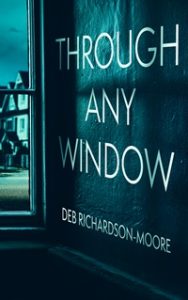 Riley Masterson has moved to the vibrant city of Greenbrier, SC, anxious to escape the chaos her life has become. Questioned in a murder in Alabama, she has spent eighteen months under suspicion by a sheriff’s office unable to make an arrest.
Riley Masterson has moved to the vibrant city of Greenbrier, SC, anxious to escape the chaos her life has become. Questioned in a murder in Alabama, she has spent eighteen months under suspicion by a sheriff’s office unable to make an arrest.
But things in gentrifying Greenbrier are not as they seem. Her cousin has an ulterior motive for inviting Riley into her home, and pieces of Riley’s past shadow her.
As she struggles to forge a new life, forces are gathering in the tension-plagued neighborhood where glitzy new homes rise alongside crumbling mill houses, and everyone, it seems, can peer into a neighbor’s window. When murder inevitably explodes, someone unexpected is caught in the crossfire.
Detectives are left to ponder: Are the murders personal or the result of rich and poor living in such close proximity? And will Riley take the blame as someone so meticulously planned?
Find all of Deb’s titles at www.debrichardsonmoore.com.
Category: Contemporary Women Writers, How To and Tips





